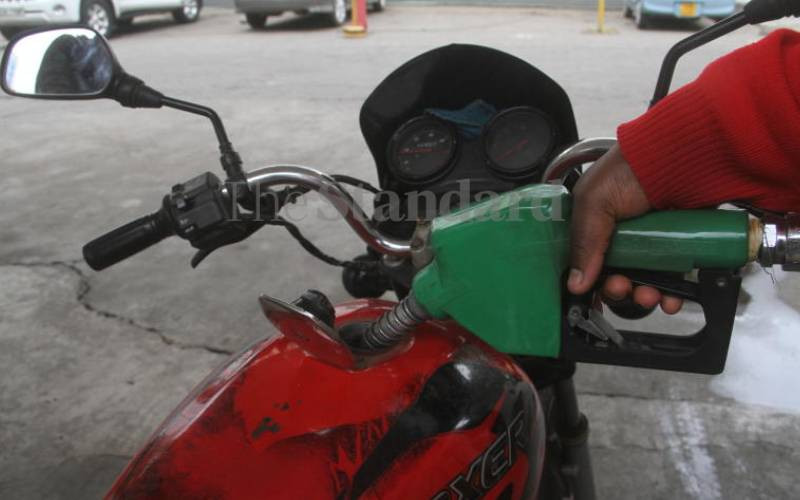×
The Standard e-Paper
Home To Bold Columnists

The government is non-committal on ending its fuel deal with Gulf countries, with Energy Cabinet Secretary Davis Chirchir saying he will leverage on the agreement to review August prices.
The CS, who met with oil marketers on Monday, insisted that the government-backed agreement to purchase fuel has been critical in stabilising the shilling.